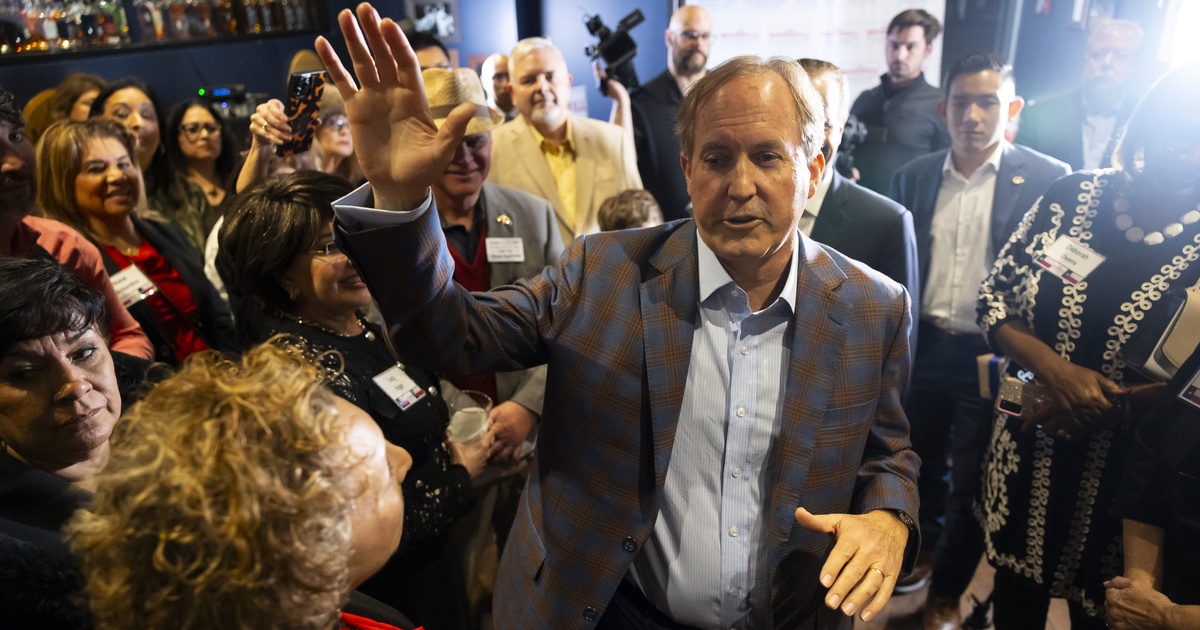@Urohawk @Gimmered @SocraticIshmael
Grace Powell was 12 or 13 when she discovered she could be a boy.
Growing up in a relatively conservative community in Grand Rapids, Mich., Powell, like many teenagers, didn’t feel comfortable in her own skin. She was unpopular and frequently bullied. Puberty made everything worse. She suffered from depression and was in and out of therapy.
“I felt so detached from my body, and the way it was developing felt hostile to me,” Powell told me. It was classic gender dysphoria, a feeling of discomfort with your sex.
Reading about transgender people online, Powell believed that the reason she didn’t feel comfortable in her body was that she was in the wrong body. Transitioning seemed like the obvious solution. The narrative she had heard and absorbed was that if you don’t transition, you’ll kill yourself.
Related
Kathleen Kingsbury, the Opinion editor, wrote about this column in an edition of the Opinion Today newsletter.
At 17, desperate to begin hormone therapy, Powell broke the news to her parents. They sent her to a gender specialist to make sure she was serious. In the fall of her senior year of high school, she started cross-sex hormones. She had a double mastectomy the summer before college, then went off as a transgender man named Grayson to Sarah Lawrence College, where she was paired with a male roommate on a men’s floor. At 5-foot-3, she felt she came across as a very effeminate gay man.
At no point during her medical or surgical transition, Powell says, did anyone ask her about the reasons behind her gender dysphoria or her depression. At no point was she asked about her sexual orientation. And at no point was she asked about any previous trauma, and so neither the therapists nor the doctors ever learned that she’d been sexually abused as a child.
“I wish there had been more open conversations,” Powell, now 23 and detransitioned, told me. “But I was told there is
one cure and
one thing to do if this is your problem, and this
will help you.”
Progressives often portray the
heated debate over childhood transgender care as a clash between those who are trying to help
growing numbers of children express what they believe their genders to be and conservative politicians who won’t let kids be themselves.
But right-wing demagogues are not the only ones who have inflamed this debate. Transgender activists have pushed their own ideological extremism, especially by pressing for a treatment orthodoxy that has faced
increased scrutiny in recent years. Under that model of care, clinicians are expected to affirm a young person’s assertion of gender identity and even provide medical treatment before, or even without, exploring other possible sources of distress.
Many who think there needs to be a more cautious approach — including well-meaning liberal parents, doctors and people who have undergone gender transition and subsequently regretted their procedures — have been attacked as anti-trans and intimidated into silencing their concerns.
And while Donald Trump denounces “
left-wing gender insanity” and many trans activists describe any opposition as
transphobic, parents in America’s
vast ideological middle can find little dispassionate discussion of the genuine
risks or trade-offs involved in what proponents call gender-affirming care.
Powell’s story shows how easy it is for young people to get caught up by the pull of ideology in this atmosphere.
“What should be a medical and psychological issue has been morphed into a political one,” Powell lamented during our conversation. “It’s a mess.”
A New and Growing Group of Patients
Many transgender adults are happy with their transitions and, whether they began to transition as adults or adolescents, feel it was life changing, even lifesaving. The small but rapidly growing number of children who express gender dysphoria and
who transition at an early age, according to clinicians, is a recent and
more controversial phenomenon.
Laura Edwards-Leeper, the founding psychologist of the first pediatric gender clinic in the United States, said that when she started her practice in 2007, most of her patients had longstanding and deep-seated gender dysphoria. Transitioning clearly made sense for almost all of them, and any mental health issues they had were generally resolved through gender transition.
“But that is just not the case anymore,” she told me recently. While she doesn’t regret transitioning the earlier cohort of patients and opposes government bans on transgender medical care, she said, “As far as I can tell, there are no professional organizations who are stepping in to regulate what’s going on.”
Most of her patients now, she said, have no history of childhood gender dysphoria. Others refer to this phenomenon, with
some controversy, as rapid onset gender dysphoria, in which adolescents, particularly
tween and teenage girls, express gender dysphoria despite never having done so when they were younger. Frequently, they have mental health issues unrelated to gender. While
professional associations say there is a lack of quality research on rapid onset gender dysphoria,
several researchers have documented the phenomenon, and many health care providers have seen evidence of it in their practices.
“The population has changed drastically,” said Edwards-Leeper, a former head of the Child and Adolescent Committee for the World Professional Association for Transgender Health, the organization responsible for setting gender transition guidelines for medical professionals.

 iowa.rivals.com
iowa.rivals.com




